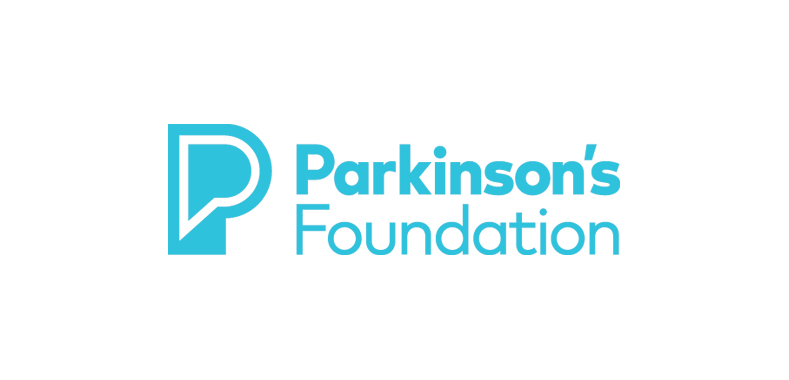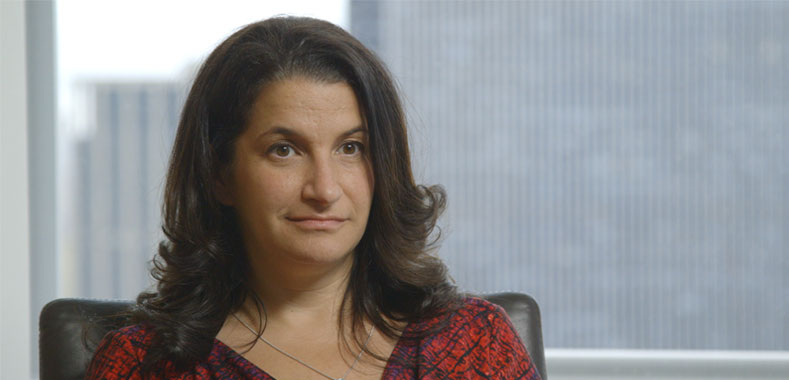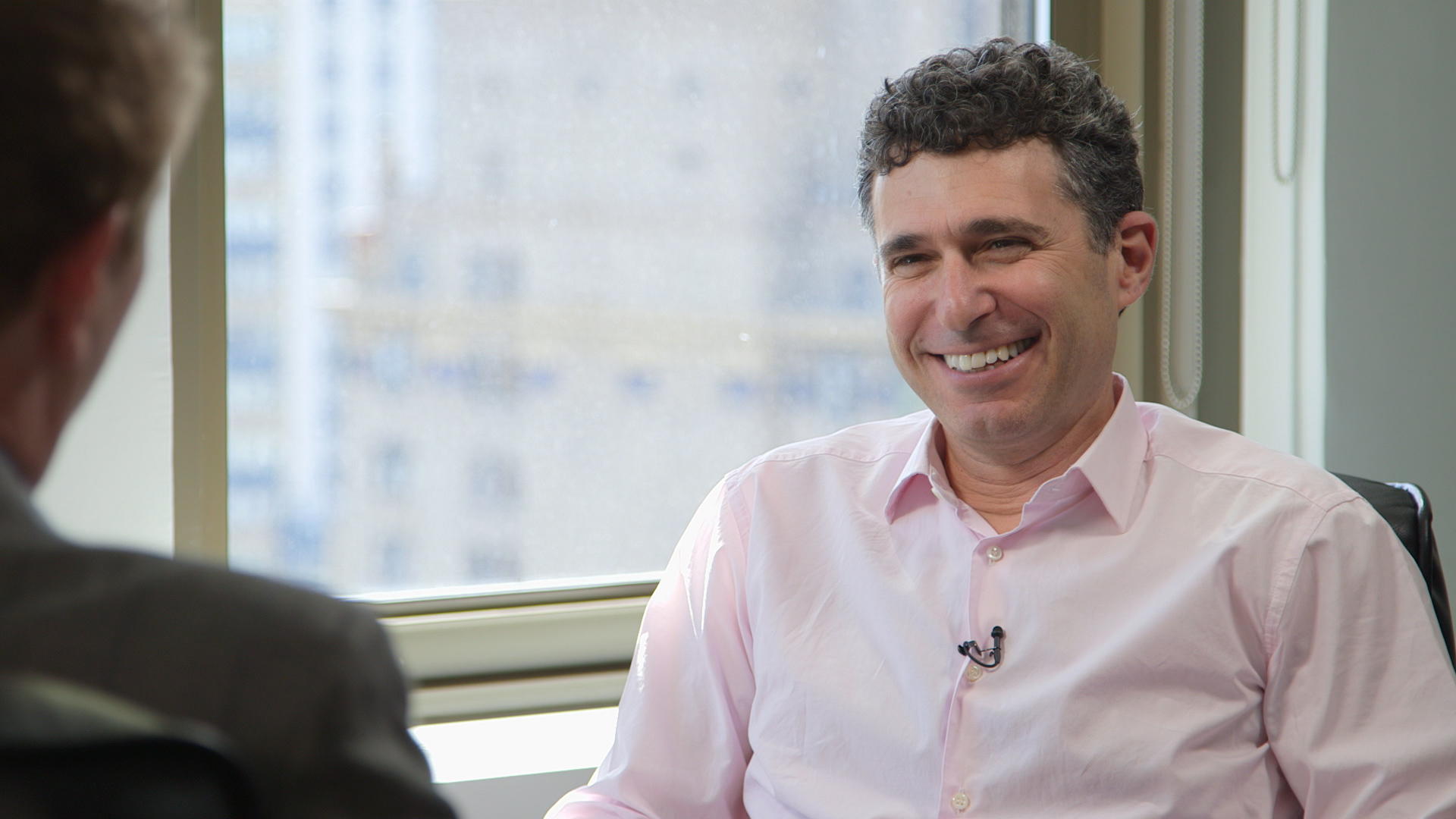An Impact Investor, Backed by a Buffett, to Support Women
Download the article here
BRAVA will target scalable companies in all stages of development and is planning on making impact investing accessible to masses
Investors often associate impact investing with lower returns, a perception BRAVA Investments would very much like to change.

Impact investors have often addressed issues such as clean energy, combatting childhood obesity and microfinance. One area that has yet to be addressed on a larger scale is the financial health of women, says Molina Niño. In the U.S., women still make 21 percent less than their male counterparts, according to a BRAVA presentation.
BRAVA is a holding company launched last year in partnership with another impact investor, i(x) investments; Brava is headed by Nathalie Molina Niño, a tech entrepreneur with a 20-year track record. Other investors include high-net worth individuals.
i(x) investments was co-founded by Howard Buffett, grandson of Warren Buffett and a former executive director of Howard G. Buffett Foundation. The foundation invests over USD $100m annually to improve lives of marginalized populations in Africa and Latin America.
BRAVA’s goal is to make multiple, “catalytic” investments in high-growth companies that are likely to significantly improve the financial health of women. It’s focusing on businesses in the consumer, healthcare and education sectors that are poised to produce “market or above” returns for investors, says Molina Niño. These particular industries are targeted because women usually make up the majority of the workforce or customer base.
“The most important thing for us is to make sure that the financial results are measured,” says Molina Niño. “We apply a high level of scrutiny to gauge how many women are going to be impacted and how much money [an investment] will put in their pockets. There is no reason why [that should not come with a high return for us],” she adds.
The holding company model affords BRAVA the flexibility to consider any companies that meet its mission-driven criterion and deliver considerable upside for investors. That said, BRAVA will generally focus on companies that require growth equity investments and that are likely to distribute dividends. Investments will typically be made in early- to late-stage companies with an average ticket of between $5m and $20m, said Par Lindstrom, CIO and managing partner at i(x), and Brava’s interim CIO. BRAVA will also consider early stage companies with a clear mission and path to impacting women at scale.
BRAVA already has a sizeable pipeline of deals and aims to do as many as four annually, says Lindstrom. The affiliation with i(x) provides access to proprietary deal flow and decades of cumulative operating experience across various sectors, according to Lindstrom. It will also seek partnerships with investment firms that specialize in its target sectors to enhance its due diligence, according to Lindstrom.
Even though no investments have yet made it through final due diligence, some of the companies that BRAVA researched in forming its investment thesis include an online startup that connects underemployed and unemployed women with tech jobs. Another is an online and bricks-and-mortar service that provides caregivers for the elderly by converting independent contractors to full-time employees with higher wages.
BRAVA hopes to go public after five years, says Lindstrom.
“The goal is to democratize access to investing geared towards benefiting women and make it available to everyone, not just high-net worth individuals,” concludes Molina Niño.
How a Buffett-financed investor is improving the business landscape for women.














